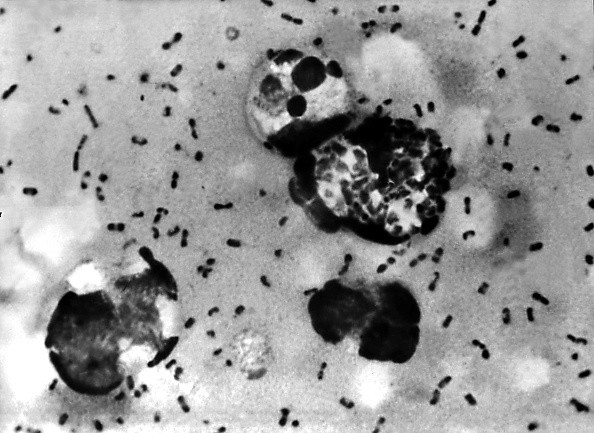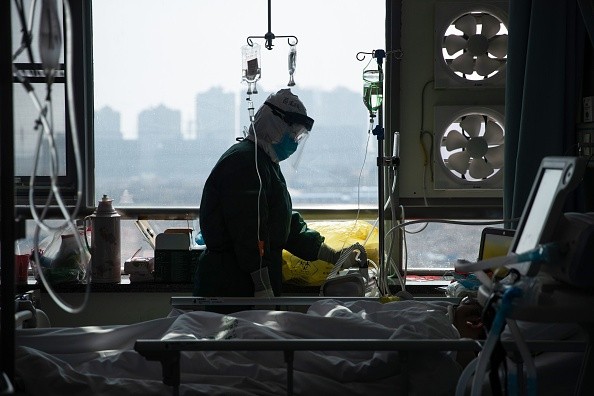Melioidosis is believed to be another deadly disease that could spread in the United States and other parts of the globe.
If this is true, people should really be worried about this new tropical illness, especially since the global COVID-19 pandemic still has new major strains, including Delta and Lambda.

Recently, the Centers for Disease Control and Prevention (CDC) released a warning about the new and rare fatal case of Melioidosis. On the other hand, medical experts confirmed that the deadly south Asian bacteria already struck its fourth victim in Georgia, United States.
They added that the new cases of Melioidosis are unique since the fourth victims in Minnesota, Kansas, and Texas, were not identified to have international travel histories. CDC also announced that the new disease had already killed two of its victims.
Since CDC and other health organizations are now getting involved, it seems like the Americans really need to take the new Melioidosis bacteria more seriously. However, an IDSA expert says that you should not be alarmed.
Is Melioidosis Not Really That Serious?
In the latest Newsweek's report, Daniel R. Lucey, M.D., one of the medical experts at the Infectious Disease Society of America (IDSA), contradicted CDC's warning about the new tropical disease, claiming that it is something U.S. residents should not be worried about.

Also Read : Marburg Virus Can Spread Around the World if Not Controlled - Is There a Vaccine or Treatment?
"The average American does not need to be worried at this time about being exposed to the bacteria that causes melioidosis because there have been only a total of four patients with this infection in four states over the past five months," explained Lucey.
However, CDC still reiterated that the new bacteria could be more deadly. The international health agency explained that it could be found in contaminated soil and water.
Once a human or animal comes into direct contact with the infected material, they would definitely catch the disease, as claimed by various medical experts, including those from CDC.
However, Lucey explained that the U.S. should not introduce new restrictions to prevent the spread of Melioidosis. He added that there's no scientific evidence to prove that food, drink, personal care items, and other products in South Asia contain the new bacteria.
COVID-19 Still the Main Global Health Issue
Although new diseases started to appear, such as Marburg, an Ebola-like virus, and the latest Melioidosis, it seems like government officials should still focus on COVID-19.
NBC News reported that infected children are now filling hospitals. Medical researchers said that they are now seeing an unreasonable spike in respiratory illnesses among young people.
For more news updates about Melioidosis and other health issues, always keep your tabs open here at TechTimes.
This article is owned by TechTimes
Written by: Griffin Davis
ⓒ 2025 TECHTIMES.com All rights reserved. Do not reproduce without permission.


![Best Gaming Mouse For Gamers With Smaller Hands [2025]](https://d.techtimes.com/en/full/461466/best-gaming-mouse-gamers-smaller-hands-2025.png?w=184&h=103&f=6fd057ef777bd39251d4e7e82e9b23f1)

